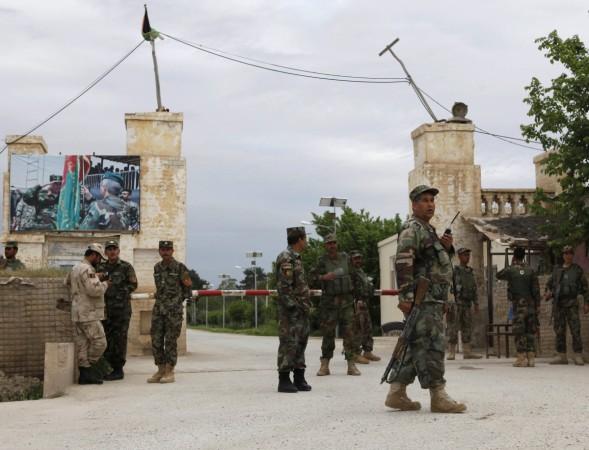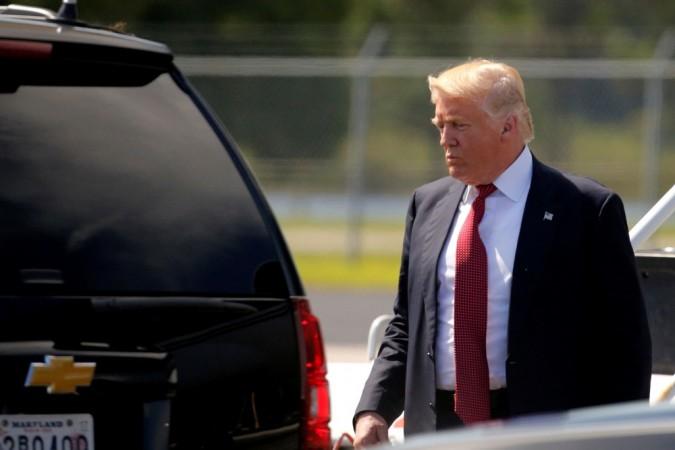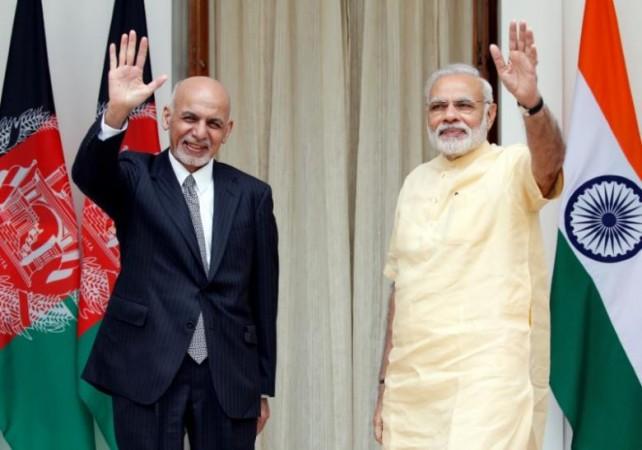
Several were killed and injured in a massive blast that rocked the diplomatic district of Kabul, the capital of Afghanistan, on Wednesday, May 31. Though the staff members in the Indian Embassy in the city were safe, as it was tweeted by Minister of External Affairs Sushma Swaraj, the international community will not feel assured with the relentless violence which has been rocking the ravaged country over the years.
The US & West have not been able to resolve Afghanistan even after over 15 years
It is a disappointment that even after 15 years since it had targeted Osama bin Laden in Afghanistan in the wake of the 9/11 attacks, the United States and its western allies have not been able to clear the mess. Laden has been eliminated meanwhile; governments have been formed in the country; it has its own army and police forces now – but Afghanistan is far from being peaceful.
The situation in Afghanistan has been a deadlock at all levels and with development and reconciliation processes hitting a wall and the security apparatus facing immense pressure everyday, neither the Nato-Isaf nor Afghanistan's fledgling army and police have been able to deliver the much-needed punch.

What is worse is that the Taliban have recaptured 40 per cent of the country and the Islamic State is increasing its influence, forcing the Donald Trump Administration to consider sending more troops there and also putting pressure on countries like Canada to follow suit.
Australia has also pledged 30 more troops to Afghanistan. This gives the message that far from withdrawing from Afghanistan, the West is ready to re-engage more there and it is bound to prove counter-productive as the local people will not like prolonged foreign occupations.
With Trump drifting apart from Europe, West's Afghanistan policy may lose steam
The foreign powers will also be facing more uncertainty with the growing divide between the US and Europe under President Trump. The political and military elites might prefer an extended occupation of Afghanistan by the western forces but on the ground, nobody really is clear how helpful it could be.
Foreign forces do not stabilise a country and as long as the country is not stabilised, there is little hope that terrorism will subside. And Afghanistan's indigenous forces are yet to match the strength of the militants, requiring the outside powers' presence. All in all, it's a quagmire for all.
The only way is to engage Afghanistan's immediate neighbours
In these circumstances, the only viable option is to engage Afghanistan's immediate neighbours to minimise the crisis, if not resolve it. Nations like India, Pakistan, China, Iran, Russia and the central Asian republics need to play more active role to get things forward in Afghanistan besides the increasingly failed mechanism which is in place now.

But as long as Pakistan plays foul, there is little chance for peace in Afghanistan
But the problem lies in the fact that the neighbours of Afghanistan themselves are not united to pursue a common cause. India and Iran have showed more solidarity with the Afghans of late but that is more to counter Pakistan which in turn has looked to extract more help from the Chinese to counter India's influence in Afghanistan. An even bigger challenge to the peace process in Afghanistan is Islamabad's double game.
While it has pledged cooperation with the western forces in fighting the terror elements in Afghanistan, it has also covertly accommodated the disruptive elements there despite Washington's pressure to act otherwise.
The weak civilian administration in Pakistan has also made it difficult for the country to reverse its policy vis-a-vis India and Afghanistan and now with its terms with Iran also coming under stress, it is no exaggeration to say that Pakistan alone has ruined all chances for developing the third solid initiative towards achieving peace in Afghanistan, i.e., through a united approach of its neighbouring countries.
Peace in Afghanistan will remain a mirage until the Haqqani Network and the challenges it face from Pakistan are neutralised. And there is no solution in sight on that so far.














